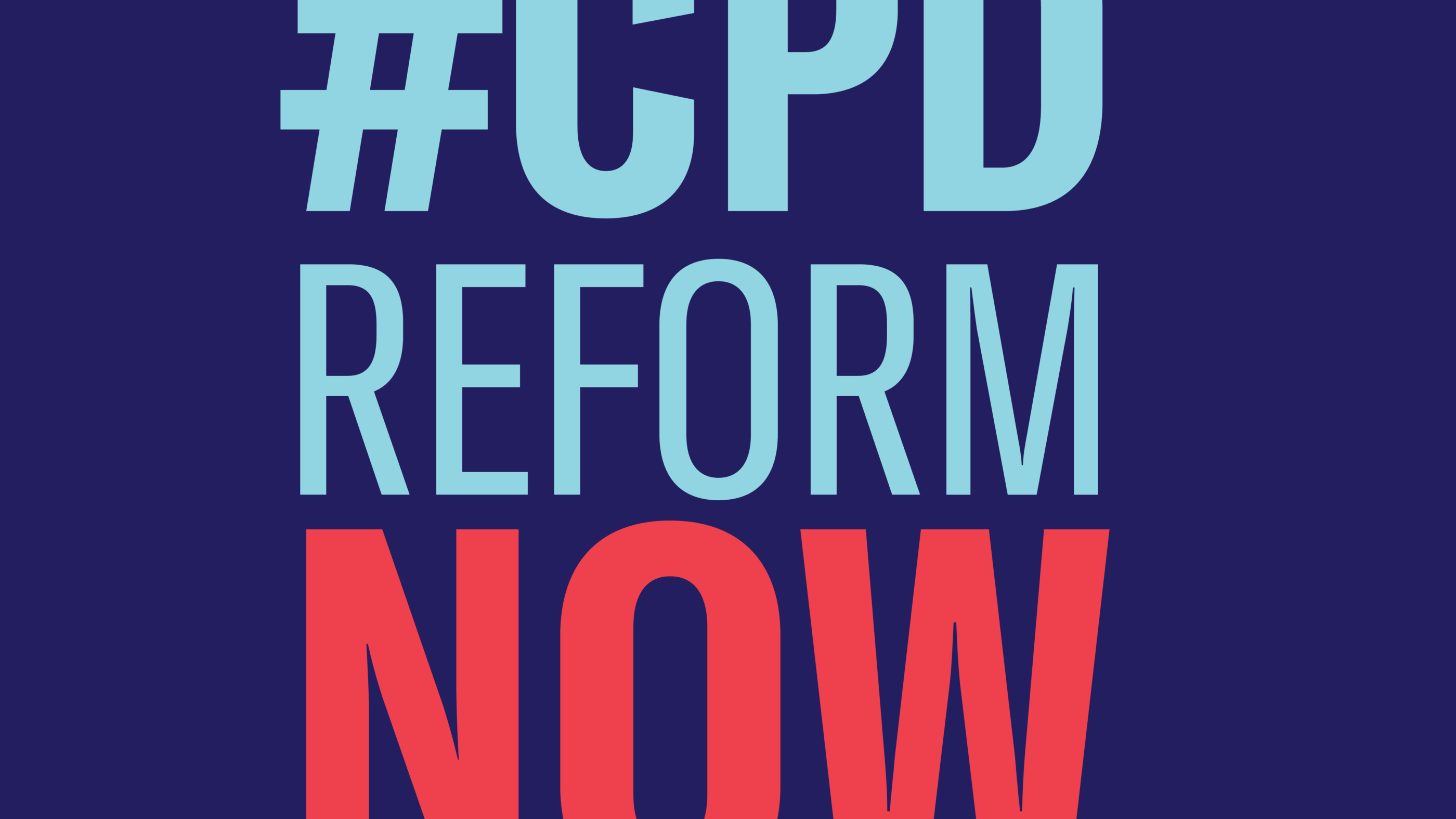

Demand Chicago Police Reform Now
Last updated on July 18, 2018
Demand Chicago Police Reform Now
Chicagoans deserve police that safely serve and protect all residents, but the Chicago Police Department doesn’t train, supervise, or discipline all of its officers to do so. Black and Latino Chicagoans, and those with disabilities, are disproportionately harmed by abuses such as excessive use of force. For decades, the City’s agencies have allowed a culture of cover-up to go unchecked and failed to develop community-driven policing strategies that promote public safety.
On July 27, 2018, the Illinois Attorney General and the City of Chicago unveiled a draft consent decree to guide reform of the Chicago Police Department. The decree is a set of promises that the City makes to change the department. If the City does not follow through on its promises, the Attorney General or a coalition of the organizations listed above, along with plaintiffs in the Campbell lawsuit, can ask the court to enforce those promises.
The draft decree is not complete and lacks essential reforms. Together with our clients and community partners, we recently released our official response on how to improve the draft plan – “A Commitment to Real Reform” – which you can read here. We also released a red-line version showing how our plan would look in edits to the decree draft.
For police reform to be successful, this plan must go further in these 12 critical areas:
- Guarantee enforceability and transparency of reform
- Require the City to share and use information related to potential officer misconduct
- Create checks on the code of silence
- Divert individuals in a health crisis away from the criminal justice system
- Transform CIT from a training add-on to an operational program
- Use data to assess de-escalation, diversion, and CIT, while protecting private information
- Provide guidance on how to engage with people with disabilities and regularly train officers on disability and individuals in crisis
- Include sign language in reforms, and require officers to use nonverbal communication before force whenever safe to do so
- Commit to providing police services to people with disabilities
- Limit use of force and arrests in schools, and get input from outside of CPD
- Require a foot pursuit policy
- Recognize that pointing a gun at someone is a use of force and should be documented
The Campbell v. Chicago plaintiffs also have identified necessary revisions to the decree that can be found here.
On October 12, 2018, with our clients and community partners, we filed a brief with our public comments on the proposed consent decree in U.S. District Court with Judge Robert M. Dow, Jr.
BACKGROUND
In January 2017, the U.S. Department of Justice issued a scathing report on the use of force by CPD officers and the failures of the City to manage its officers. Subsequently, three lawsuits were filed against the City of Chicago to get the reforms needed, including Communities United v. City of Chicago, filed by the ACLU of Illinois and Equip for Equality on behalf of ACLU members and Communities United, Community Renewal Society, Next Steps, and ONE Northside.
The City of Chicago opted to negotiate with only one of the plaintiffs in the suits -- the Illinois Attorney General -- to enter into a “consent decree,” a court-enforced federal oversight plan for the Chicago Police Department. Meanwhile, the other plaintiffs – over a dozen community and civil rights organizations -- entered into a Memorandum of Agreement with the City of Chicago and the Illinois Attorney General, agreeing to pause the lawsuits while the AG negotiates a decree. Under that agreement, the community and civil rights groups can object if the decree is inadequate, and, once a final decree is entered by the court, enforce it if the City and CPD don’t follow through with it.
LISTEN TO OUR PODCAST EPISODE ON REFORMING THE CHICAGO POLICE DEPARTMENT
Documents
- State of Illinois vs. City of Chicago - Draft Consent Decree
- A Commitment to Real Reform - FINAL.pdf
- Chart of CU redlines for draft decree - FINAL.pdf
- Campbell v. City of Chicago - Transforming the CPD.pdf
- Comments on proposed consent decree by Communities United plaintiffs.pdf
- FAQ on Fairness Hearings.pdf
